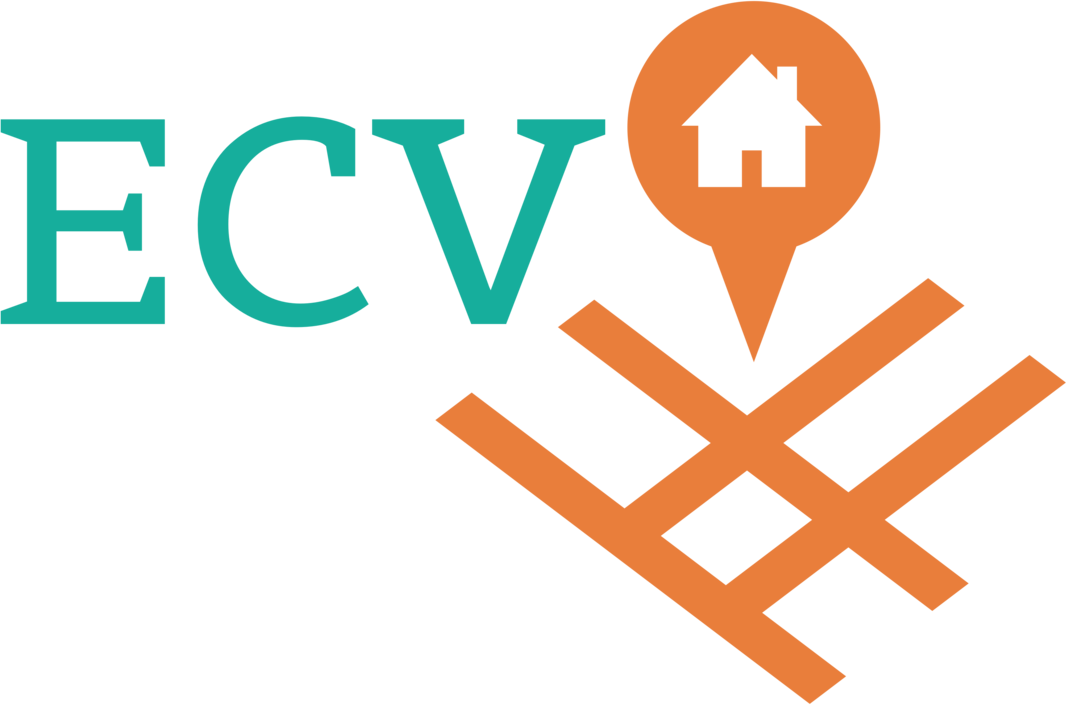The Importance of Person-Centered Planning to an Individual
What is Person-Centered Planning?
A process for learning about things that are important to the individual and reflect the individual’s needs and preferences or goals.
This includes the type of services and support needed to help the person reach his or her goals.
The Lanterman Developmental Disabilities Services Act says that regional centers must use person-centered planning to support the different ways that people choose to live.
Person-Centered Planning provides strategies to increase the likelihood that people with disabilities:
Will develop relationships
Be part of community life
Increase their control over their lives
Acquire increasingly positive roles in community life
Develop competencies to help them accomplish these goals
Person-Centered Planning helps to clarify and implement these ideas one person at a time.
How does an Individual Program Plan or IPP contribute to the Person-Centered Planning services?
Individual Program Plan or IPP is an agreement required by the Lanterman Act, between the individual and the regional center that lists the individual’s goals, objectives, and the services and supports needed to reach those goals. The IPP is developed by the planning team based upon the individual’s needs and preferences.
The IPP includes Goals, Objectives, and Services and Support Plan:
Goals – are results that are important to the individual and reflect the individual’s needs and preferences.
For example: I want to spend time with my boyfriend, Richard.
Objectives – are specific, time-limited, stated in measurable terms, and related to the individual’s goals.
For example: Once a week I will spend two to three hours with Richard at his or my home, or someplace that we want to go together.
Services and Support plan – are ways to assist and help the individual to lead the most independent and productive life possible, based on the individual’s wants, needs, and desires.
For example: Shirley, a DSP at my home, will help me arrange a time with Richard and will provide transportation and other support I may need.
The IPP protects the individual’s right to make choices. Person-centered planning helps support the choices that people make about their lives.
The Role of the Direct Support Professional (DSP) in Person-Centered Planning:
Getting to know the individual plays a vital role in Person-Centered Planning. The best way to get to know someone is to spend time together. You can talk, listen, and observe to learn what is important to the individual.
The DSP is often in the best position to get this information.
When an individual cannot speak for him or herself, it’s important for the DSP to spend more time observing activities in the home; for example, mealtime, outings, and free time.
The DSP should also observe how people respond to them. Do they use smiles, frowns, shrugs, and eagerness? This will help you learn what people like and do not like as well as with whom they like to spend time.
If someone is new to the home or it’s difficult to figure out an individual’s preferences from the beginning, it’s important to write down preferred items and activities; for example, foods at mealtime or free-time activities.
The Role of the Direct Support Professional in Implementing IPP’s:
Most importantly, the DSP is responsible for implementing the IPP. Often, the services and supports that an individual needs to reach their goals are provided by the DSP.
What does the DSP do to support an individual’s goal:
DSP must be familiar with the IPPs for each person in the home and know what their goals and objectives are and what your responsibilities are to assist the individual in achieving them.
DSP must know where each individual’s record is kept, read and be familiar with the IPP, and work with the administrator and other DSPs in the home to provide necessary services and supports identified in the IPP.
What are some tips for communicating with family members about the individual’s preferences:
Ask them what they enjoy doing
Be an honest advocate for the individual
Use only non-verbal communication
Have limited contact with the family
References:
California Department of Education in Partnership with the Department of Developmental Services (Direct Support Professional Training Resource Guide)
AvaCare Medical carries thousands of discount medical supplies at the lowest prices online.


